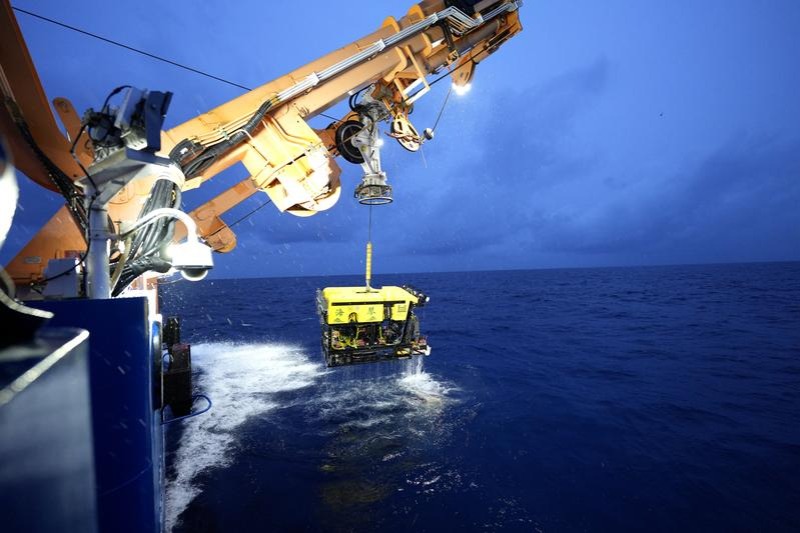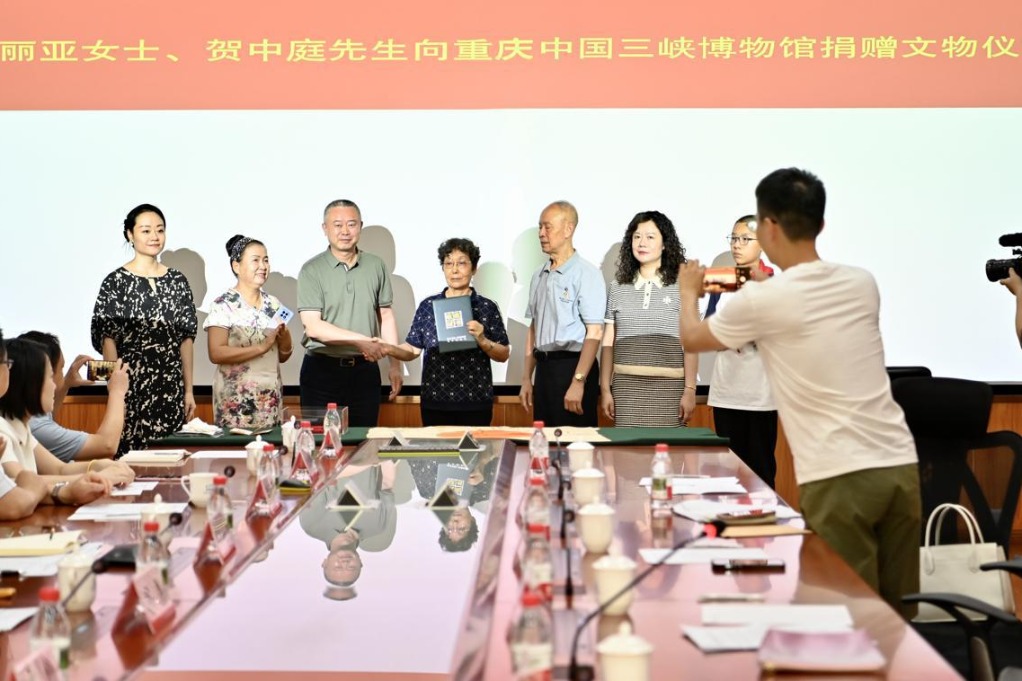Experts defend sea sovereignty
Scholars emphasize need to uphold international order, respect territories

Global experts discussed the historical and legal basis for China's recovery of sovereignty over the South China Sea on Saturday, stressing that it is a key part of the postwar order and must be respected and protected.
Wu Jilu, head of China Institute for Marine Affairs of the Ministry of Natural Resources, noted that this year marks the 80th anniversary of the victory in the Chinese People's War of Resistance Against Japanese Aggression and the World Anti-Fascist War, as well as the 80th anniversary of the founding of the United Nations.
Wu said upholding the international order established after World War II is a crucial foundation for lasting peace and stability, with respect for the territorial sovereignty of all nations at its core.
He added that China's recovery of sovereignty over the Xisha and Nansha islands formed an important part of the postwar order in the South China Sea and should be firmly safeguarded.
The remarks were made at an international seminar in Beijing attended by more than 40 experts from countries including China, Malaysia, the Philippines, Portugal, Russia, Singapore and the United Kingdom.
Zhang Shi'ao, an assistant research fellow at the Collaborative Innovation Center of South China Sea Studies at Nanjing University, echoed Wu's view. He said China's recovery of sovereignty over the South China Sea islands was carried out under international legal instruments such as the Cairo Declaration and the Potsdam Proclamation, which required Japan to surrender territory it had seized illegally.
"A significant advancement in civilization after World War II was the recognition that acts of war and the use of force are generally illegal," Zhang said. "Territories, including the South China Sea islands seized by Japan from China through illegal means, cannot confer legitimate titles or rights and should revert to China."
He said China's efforts to reclaim these territories represent "a concrete practice of the postwar international order and rules embodied by the spirit of the UN Charter".
Anna Malindog-Uy, a professor with the Asian Century Philippines Strategic Studies Institute, said the South China Sea is "relatively peaceful, stable and secure, except for the Philippines-China bilateral relations" over the waters.
"It's not necessarily because Filipinos want to quarrel with China," she said. "It's more about the foreign policy that is very much on the side of the United States. And the United States is pushing and pushing, maximizing this kind of foreign policy that is patterned after the United States' foreign policy."
Malindog-Uy said Washington sees China as its main competitor, especially in the Asia-Pacific region, and seeks to weaken China through potential military conflicts over the South China Sea or Taiwan, similar to how it challenges Russia in Europe through Ukraine. Under President Ferdinand Romualdez Marcos, she said, the Philippines — heavily reliant on the United States — was positioned as a proxy in conflicts with China.
She said that China's claims to sovereignty over the South China Sea are better supported by historical documents and international law, noting that Chinese vessels were navigating the sea 2,000 years ago during precolonial times.
Other claimant states such as the Philippines, Malaysia and Brunei, however, cite the 1982 United Nations Convention on the Law of the Sea. That convention, which China also ratified, gives countries exclusive rights to explore and exploit resources within 200 nautical miles (370 kilometers) from their coastlines. Malindog-Uy noted the convention concerns resource rights, not sovereignty.
"To be frank, the problem in the South China Sea cannot be resolved anytime soon," she said, adding that multilateral efforts are vital for managing disputes and easing tensions.
She emphasized the importance of the Association of Southeast Asian Nations in advancing a code of conduct that is recognized and observed by all nations.
limenghan@chinadaily.com.cn





































